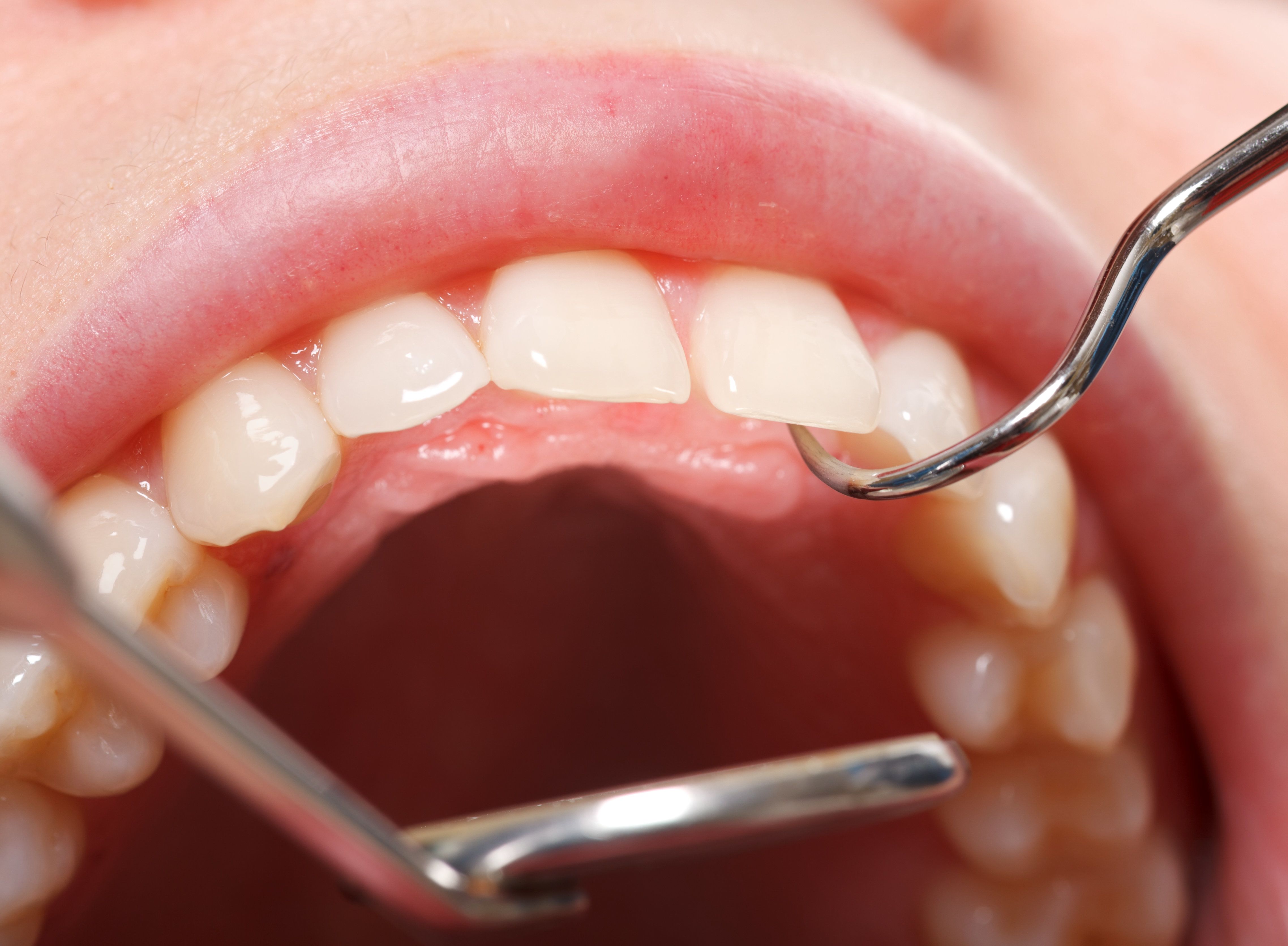Are the Causes of Poor Gum Health in Your Control?
 For the most part, your gum health is in your control. Good oral hygiene will keep your teeth and gums healthy, while failing to properly care for them can lead to complications like gum disease. Dr. Bruce Wilderman can explain the many potential causes of poor gum health to patients during their regularly scheduled dental appointments. Our Philadelphia, PA office is equipped to provide patients with a variety of restorative dentistry treatments when poor gum health leads to complications.
For the most part, your gum health is in your control. Good oral hygiene will keep your teeth and gums healthy, while failing to properly care for them can lead to complications like gum disease. Dr. Bruce Wilderman can explain the many potential causes of poor gum health to patients during their regularly scheduled dental appointments. Our Philadelphia, PA office is equipped to provide patients with a variety of restorative dentistry treatments when poor gum health leads to complications.
What Are the Causes of Poor Gum Health?
Poor gum health is almost entirely preventable. The most common cause of poor gum health is poor oral hygiene. Failing to brush your teeth twice per day and floss once per day can lead to gingivitis, or an inflammation of the gums. Not keeping up with regular dental appointments means plaque and tartar continue to build up, eventually infecting the gums and the underlying bone. This condition is known as periodontal disease. Smoking and chewing tobacco, as well as a diet high in sugar are other preventable causes of poor gum health.
There are, however, some causes that are usually beyond your control. These may include:
- Misaligned teeth
- Hormonal changes during puberty, pregnancy, or menopause
- Cancer and treatment for the disease
- Alcohol
- Certain medications
Why Is Gum Health Important?
Your periodontal health (or gum health) is closely related to your overall physical health. Recent research has shown that inflammation in the gums may lead to chronic systemic inflammation. This means your body has a constant inflammatory response. This can present itself in different ways. You may experience joint pain or have adverse reactions to food. Gum disease and systemic inflammation have also been linked to diabetes, heart disease, dementia, and other serious conditions.
As your gum health worsens and periodontal disease advances, your physical health becomes compromised. If you do not seek treatment for gum disease, you could lose one or more teeth. You also increase your risk of an infection entering your blood stream. This puts you at greater risk for a heart attack or stroke.
How Is Gum Disease Treated?
If you develop gum disease, Dr. Wilderman offers treatments to manage the condition. Patients with gingivitis may just need a thorough dental cleaning and some medication to reduce inflammation. If you have gum disease, you may need what we call “scaling and root planing”. This removes the large deposits of plaque and tartar from your teeth. It also smooths any exposed root surfaces to prevent further build up of bacteria. More severe cases may require periodontal surgery to reduce pocket depth and restore gum health. Patients with periodontal disease may also require treatment with antibiotics to eliminate any infection.
Get Your Gum Health Back On Track
The best way to keep your gums healthy is to brush and floss daily and attend regular dental checkups. If you have not been diligent in your oral care routine and your gums have suffered, give us a call to set up an appointment. Dr. Wilderman will work with you to get your gums back to a healthy state.


